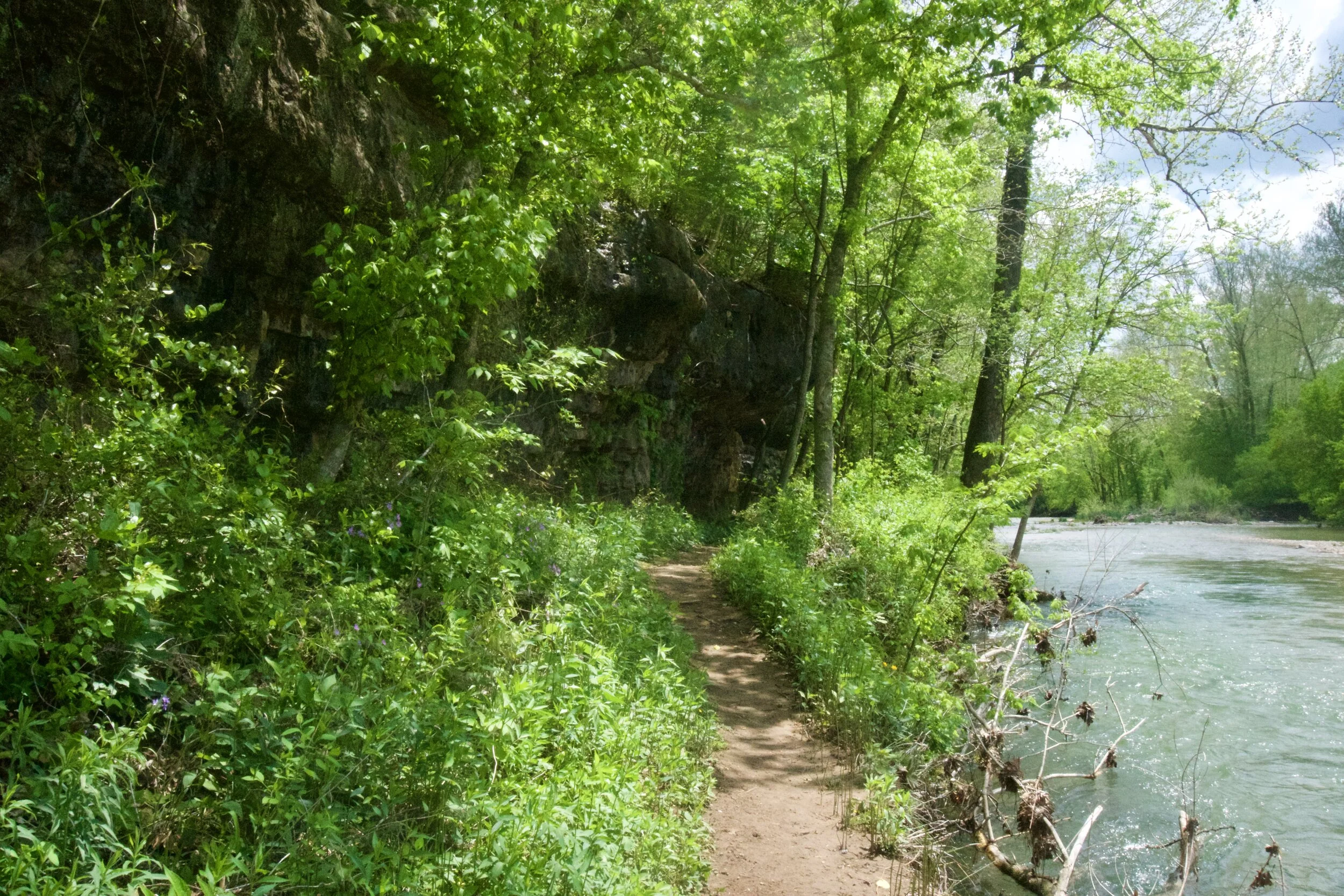April 22, 2020, is the 50th anniversary of Earth Day. This year’s celebratory theme is climate action. Is this challenge too big for us to tackle? Perhaps not! Making small changes to our outdoor behaviors can make a big difference even while we are practicing social distancing.
Earth Day festivities have been canceled or postponed all around the world due to the COVID 19 outbreak. However, the good news is more of us are enjoying the beautiful outdoors as part of our new health routine. Getting outdoors has always been a great way to wind down, heal the soul, and to observe nature all around us.
Unfortunately, we are making bigger cumulative negative impacts on our natural areas. Increased crowds to outdoor spaces can harm our natural areas, disrupt wildlife and even lead to social conflicts.
Can we individually make a significant difference? You bet! For instance, Leave No Trace Ethics has been practiced by many outdoor enthusiasts, scout groups, families, and educators all around the world for nearly 30 years. Understanding the 7 Principles of Leave No Trace is a great starting point for minimizing impacts when recreating, regardless of the activity.
These simple principles make a huge impact.
Plan Ahead and Prepare - Be sure to check the forecast, layer clothing, pack thoughtfully and pre-study trail maps.
Be Considerate of Other Visitors - One of the most important components of outdoor ethics is to maintain courtesy toward other visitors. It helps everyone enjoy their outdoor experience. Many people come to the outdoors to listen to nature. Excessive noise, uncontrolled pets, and damaged surroundings take away from the natural appeal of the outdoors.
Respect Wildlife - Providing access to human food, or even just approaching too closely, is more harmful than most people imagine.
Minimize Campfire Impacts - Do you really need a fire? Can you use a small stove instead? If needed make smaller campfires, do not leave unattended, and dispose of cigarettes properly by placing in a bottle of water and pack it out.
Leave What You Find - Minimize site alterations, avoid damaging live trees and plants, and leave natural objects and cultural artifacts. Removing wildflowers may be illegal in some instances as they soon die and are often fragile. Wildflowers are meant to be enjoyed and admired not taken. “Picking wildflowers can adversely affect pollinators and other animals that depend on that species for food and cover.”
Dispose of Waste Properly - Pack it in, Pack it out” clean up before you leave by inspecting your rest stop and campsite for trash or spilled foods. Pack out all trash, food scraps, human and pet waste, and garbage.
Travel and Camp on Durable Surfaces - Traveling on designated trails reduces the likelihood of multiple routes that will develop and scar the landscape. Traveling and camping at designated sites and on durable surfaces will help preserve sensitive vegetation and reduce erosion.
An added way to make a big impact on your local outings is to carry a trash bag, gloves and maybe an extension grabber. Make an impactful use of your outdoor time by removing trash. This is a simple but important and effective act of stewardship. Afterward, always wash your hands thoroughly and be careful to not allow your gloves to touch your face. This is the simplest act of respect we can teach our children while celebrating our planet every day.
When we practice these Leave No Trace principles, we not only improve our natural beauties, we teach our children that we can act simply to make big impacts on our climate action.
By: Amera Wild, an active member of Missouri Master Naturalists Chert Glades Chapter, MO Stream Team, Missouri Prairie Foundation, and Wildcat Glades Friends Group
References & citations:
www.earthday.org
www.lnt.org
https://www.fs.fed.us/wildflowers/ethics/



